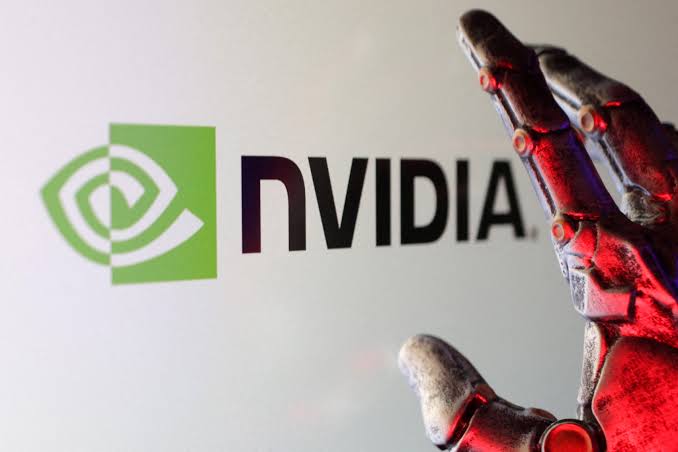Nvidia, a leading microchip manufacturer and pioneer in artificial intelligence (AI) technology, disclosed that it would incur approximately $5.5 billion (£4.2 billion) in costs due to new US export regulations restricting sales of its H20 AI chip to China. The US government’s decision follows the escalating trade conflict between the US and China, which has resulted in significant tariffs on various goods. Nvidia revealed on Tuesday that the US authorities informed them last week that exporting the H20 chip to China, a significant market for the company, would require a license. The federal officials indicated that this requirement would persist indefinitely, citing potential use in a Chinese supercomputer as the rationale. Nvidia declined to provide further comment when contacted by the BBC. Analyst Marc Einstein from Counterpoint Research estimated that the $5.5 billion cost was in line with his own assessments. He noted that while this is a substantial amount, Nvidia is capable of absorbing it. Einstein also suggested that the current situation could be a negotiating tactic, and potential exemptions or changes to the tariff policy might be on the horizon. The US-China rivalry for technological dominance has made chips a contentious issue. US President Donald Trump aims to accelerate the complex and intricate chip manufacturing process, which has taken other regions decades to perfect. Nvidia’s AI chips have been a focal point of US export controls. Founded in 1993, the company was initially renowned for producing graphics processing units (GPUs) for computer games. However, it began adding machine learning features to its chips long before the AI revolution. Today, Nvidia is a key player to watch in the rapidly expanding AI-powered business world. The company’s stock value took a hit in January when it was reported that a Chinese AI app, DeepSeek, had been developed at a fraction of the cost of other chatbots. At the time, the US was criticized for being caught off guard by its rival’s technological advancement. Nvidia’s $5.5 billion charges will be attributed to H20 products for inventory, purchase commitments, and related reserves. Rui Ma, founder of the Tech Buzz China podcast, anticipates that the US and Chinese AI semiconductor supply chains will be “fully decoupled” if the restrictions remain in place. She added, “It doesn’t make any sense for any Chinese customer to be dependent on US chips,” especially since there is an oversupply of data centers in China.
